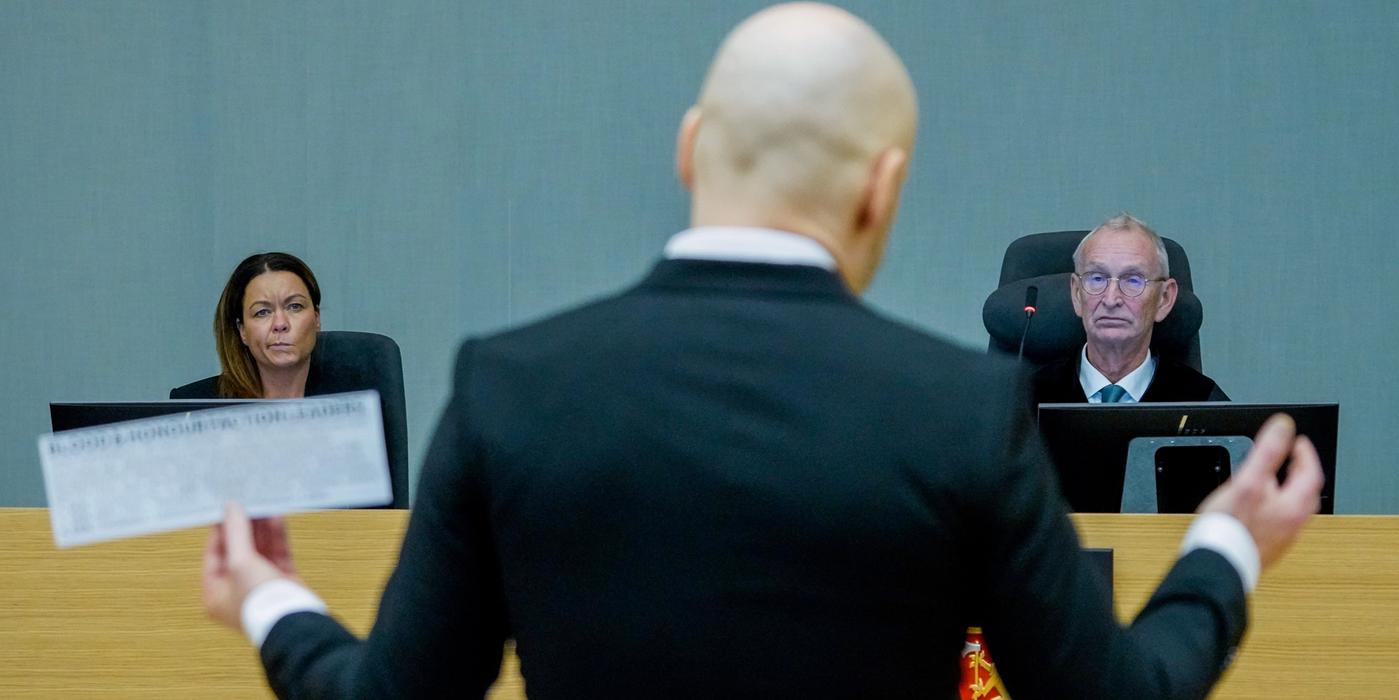Court hearing for parole 2022 – Q&As

What kind of sentence is the terrorist serving?
In 2012, Anders Behring Breivik was given an indeterminate custodial sentence (ICS) of 21 years for killing 77 people on Utøya and at the Government Quarter on 22 July 2011. This form of preventive detention is the most severe punishment that someone can be given in Norway. An ICS does not have a maximum limit, and means that the prisoner can, potentially, be imprisoned for life.
Why was there a new court hearing in January 2022?
When someone is subject to preventive detention, a minimum period is set. The 22 July terrorist’s minimum term was 10 years, which was the maximum possible number of years in 2012.
Once the minimum term has been served, the prisoner can apply for parole. If the prosecuting authority refuses parole, the case goes to court.
Breivik applied for parole, but the public prosecutor deemed him too dangerous to be released. A court hearing was therefore held in Skien prison from 18 to 20 January 2022.
Can we expect more court hearings?
Theoretically, Breivik can apply to be released every year, and court hearings could therefore be a regular occurrence.
How often can he take his case to court?
In practice, court cases take a long time.
A new parole hearing cannot be held until at least one year after the last decision to refuse parole becomes legally enforceable. Consequently, there are not likely to be court hearings every year.
Can he be let out on parole?
No one believes that Breivik will actually be granted parole. In his trial in 2022, the psychiatrists who have followed him since the 2012 trial found that he is still a danger to society. They also do not think he is going to change anytime soon.
Why is this painful and difficult?
The case is extremely difficult for those affected by the events of 22 July. Many also fear that Breivik will use the court as a platform for his right-wing extremist ideology, as he has done in previous court proceedings.
Most media only showed clips from the trial, and did not broadcast live. However, there was a great deal of debate about the choice of the Dagbladet newspaper to publish a live feed of him explaining his perspective.
What was the conclusion?
On 1 February 2022, Telemark District Court rejected the terrorist’s application for parole. The decision was unanimous.
In its ruling, the court wrote that there is a high risk of Breivik committing new acts of violence:
‘Given that his psychiatric condition remains unchanged, there is an obvious risk that he will relapse into the behaviour that led up to the terrorist acts on 22 July 2011’.
The court also wrote that the defendant appeared to be devoid of empathy and compassion for the victims of his terror.
Breivik appealed the ruling, but the appeal was rejected by Agder Court of Appeal on 18 March 2022. He therefore remains in preventive detention.